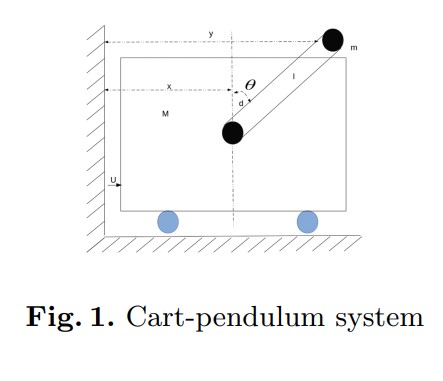

Passivity based decoupling of lagrangian systems
In this article a novel decoupling strategy for complex systems, in specific, Lagragian models which represents mechanical systems is proposed. In this study a passivity based approach is shown considering that the decoupling law improves some results found in literature in which only a state feedback decoupling law is implemented. The passivity based decoupling law is obtained by selecting an appropriate storage function and then the α and β functions for the passivity based controller are obtained to yield the optimal system performance so the decoupled system response is similar to the coupled system. One of the advantages of the passivity based decoupling is the energy considerations in the design of the decoupling law, so this approach provides an efficient strategy to be implemented in the design of different kinds of controllers where the difference of the response between the decoupled and coupled Lagrangian system is not significant. The Lagrangian system studied in this work is highly coupled considering that most of the mechanical systems and robots have a strong coupling due to the kinematic and dynamic model obtained by the Euler-Lagrange formulation. It is proved by experiments that the theoretical results shown in this study provide optimal results. © 2018, Springer International Publishing AG.